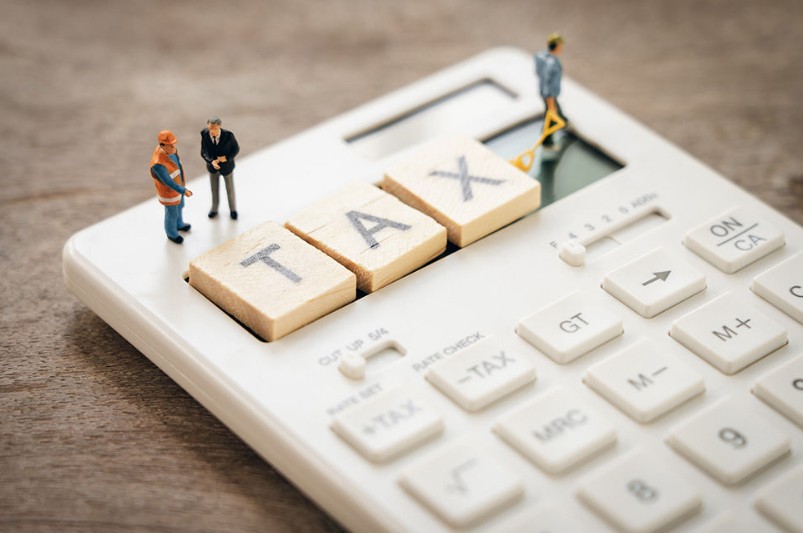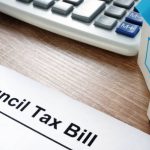Council Accused of ‘Squeezing More Tax’ from Drivers as New Parking Zones Planned
Bristol City Council is facing a wave of backlash after revealing fresh plans to roll out more residents’ parking zones (RPZs) across the city, a move some are branding a “stealth tax” on motorists.
Under the new proposal, up to three additional zones could appear, with St Werburgh’s being considered for inclusion as early as 2028.
The £7.5 million project aims to deter commuters from leaving cars on residential streets and reduce the number of households owning multiple vehicles.
Around two-thirds of the funding will come from Bristol’s Clean Air Zone (CAZ) revenue, while the remainder will be recovered through parking permits and pay-and-display income.
However, critics argue that this approach is little more than a new way of collecting money from already overburdened drivers – effectively another council tax in disguise.
The controversy intensified when Labor councilors suggested diverting £5 million from the CAZ pot to improve public transport instead.
Councilor Tim Rippington argued that boosting Bristol’s bus services would have a greater impact on congestion and air quality than new parking restrictions.
He explained that the money could “fund more frequent and reliable routes,” helping people “travel into the city without needing to park in residential areas.”
The debate has split residents and sparked hundreds of online discussions. While some back the idea, saying it will make their streets quieter and safer, others see it as yet another cash grab by the council.
One commenter, 6470, didn’t mince words: “Once again, they are not asking residents what they want; they are forcing it on them. Some people say it works, but most say it does not.
It is no surprise that Bristol City Council is finding new ways to squeeze more tax out of drivers. They may say they do not hate motorists, but they certainly know how to get every penny out of them.”
Another, Fishmonster, was more supportive: “When car parking charges are introduced on the Downs, the commuters who park up there now will relocate to local residential streets, so I’m all in favor of extending the RPZ zones to these areas around the Downs.”
But not everyone agrees. Blackbeard83 shared frustration about the impact on larger households: “Free street parking is preferred as many households have more than 1 car, so you have to find other streets with available parking sometimes.
Plus, it’s useful for visits from family/friends. Spend the money on buses, which are usually overcrowded.”
Meanwhile, Advisory Service 101 described a more positive experience: “Definitely a huge improvement once RPZs are introduced.
The first thing you notice is the big drop in morning commuter traffic racing through the streets looking for free parking… It’s absolutely worth the extra cost.”
Other commenters pointed to examples outside Bristol. Berklicker noted: “Without proper funding for enforcement, it just becomes a guilt-driven charge that raises money without actually improving anything.
In the parts of London I visit, they use a one-hour pay-and-display system… It’s completely eliminated commuter parking.”
Yet even long-term residents like BillGuy28 remain doubtful: “I live in Clifton near Whiteladies Road, I thought this was a great idea when it was rolled out.
Sadly, after many years, I have not seen any change… This feels like a money maker now more than any improvement to society.”
Residents’ parking zones aren’t new to Bristol. They were first launched more than ten years ago, initially causing uproar among locals. The expansion was halted in 2016 under Labor Mayor Marvin Rees, with none added since.
Now, as the council revisits the scheme, the familiar tension between environmental aims and household costs is resurfacing. Green Party councilor Emma Edwards insists that demand for RPZs remains strong.
She argues that many communities “want zones introduced sooner to tackle commuter parking,” particularly in areas where non-residents leave vehicles before hopping onto public transport.
Beyond parking headaches, the scheme also aims to curb multiple car ownership in affluent areas. Households owning more than one vehicle will face steeper permit fees, a move designed to “discourage unnecessary car use” and promote fairer access to parking spaces.
Still, many see the expansion as symbolic of a broader frustration that motorists are being leaned on too heavily to fund the city’s environmental ambitions.






